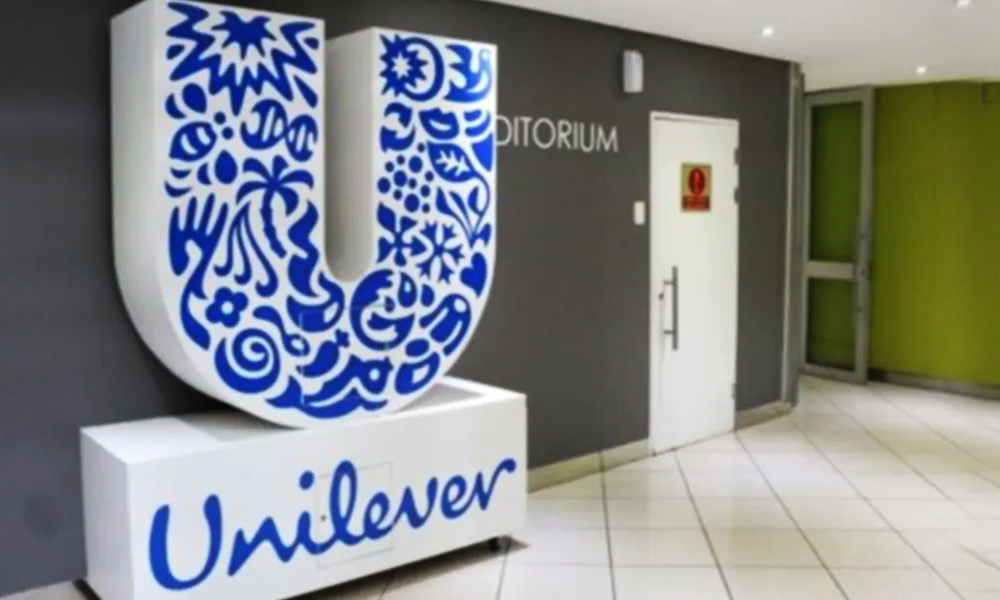
Image Credits: Unilever.com
Unilever To Replace Fossil Fuels From Cleaning Products By Recycled Carbon By 2030
Writer: Palak Agrawal
Palak a journalism graduate believes in simplifying the complicated and writing about the extraordinary lives of ordinary people. She calls herself a " hodophile" or in layman words- a person who loves to travel.
India, 6 Sep 2020 11:04 AM GMT
Editor : Shubhendu Deshmukh |
Shubhendu, the quint essential news junky, the man who loves science and politics in equal measure and offers the complete contrast to it by being a fan of urdu poetry as well.
Creatives : Abhishek M
" An engineer by profession, Abhishek is the creative producer of the team, graphic designing is his passion and travelling his get away. In more ways than one, he makes the content visually appealing."
The organisation pledged to eliminate the carbon derived from fossil fuels in its cleaning and laundry products and will rather use renewable or recycled carbon created from plants and other biological sources.
Consumer goods giant, Unilever announced on Wednesday, September 2 that it would invest 1 billion euros to eliminate fossil fuels from its cleaning products by 2030.
The organisation pledged to eliminate the carbon derived from fossil fuels in its cleaning and laundry products and will rather use renewable or recycled carbon.
It further added that this move would transform the sustainability of global cleaning and laundry brands including Omo (Persil), Sunlight, Cif and Domestos by replacing the existing constituents with those created from plants and other biological sources, marine sources such as algae and waste materials.
"The chemicals used in Unilever's cleaning and laundry products make up the greatest proportion of their carbon footprint (46%) across their lifecycle. Therefore, by transitioning away from fossil fuel-derived chemicals in product formulations, the company will unlock novel ways of reducing the carbon footprint of some of the world's biggest cleaning and laundry brands. Unilever expects this initiative alone to reduce the carbon footprint of the product formulations by up to 20%," said the company in a press release.
Great to see our new Clean Future ambition getting a mention from @TanyaMSteele, CEO @wwf_uk.
— Unilever #StaySafe (@Unilever) September 5, 2020
We're reinventing our cleaning and laundry products, using ingredients from renewable or recycled sources, not from fossil fuels. #OurCleanFuture pic.twitter.com/T2TsMVN7Gq
Unilever's total greenhouse gas footprint is about 100 million metric tonnes of carbon dioxide equivalents globally.
We are reinventing our cleaning and laundry products.
— Unilever #StaySafe (@Unilever) September 4, 2020
No more ingredients made from fossil fuels. Instead, the carbon will come from renewable sources like plants, the sea, even CO2 in the air. #OurCleanFuture https://t.co/Nkko5QySLS
"People want more affordable sustainable products that are just as good as conventional ones," Peter ter Kulve, Unilever's President of Home Care said, reported BBC.
"We must stop pumping carbon from under the ground when there is ample carbon on and above the ground if we can learn to utilise it at scale," he added.
The announcement is the first phase in its Clean Future initiative, which pledges net zero emissions from its products by 2039. The investment for the initiative would be used to finance biotechnology research and carbon dioxide utilisation and create biodegradable and water-efficient product formulations.
Also Read:
 All section
All section














